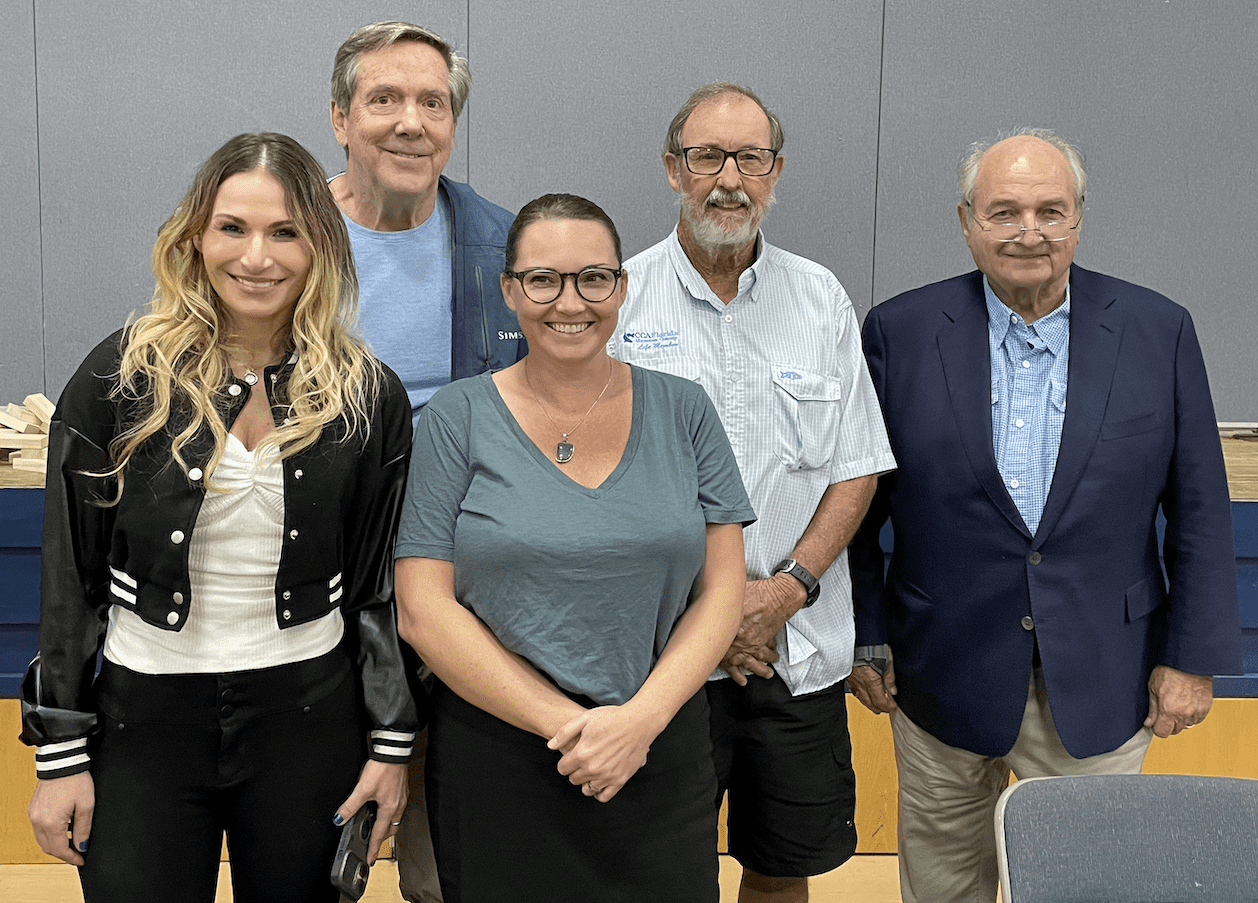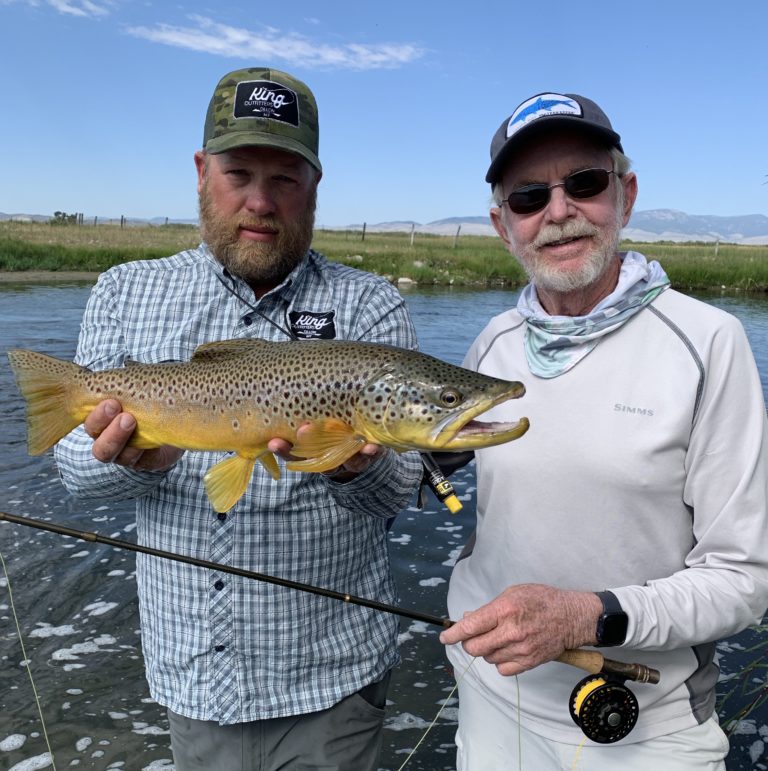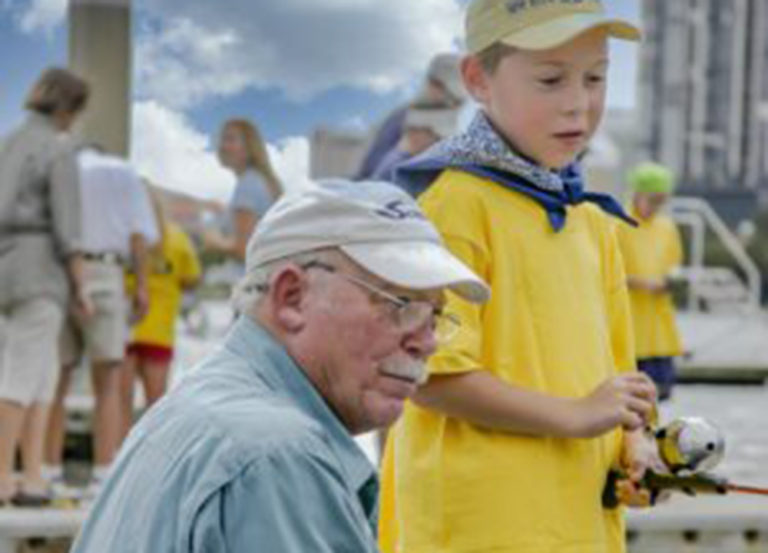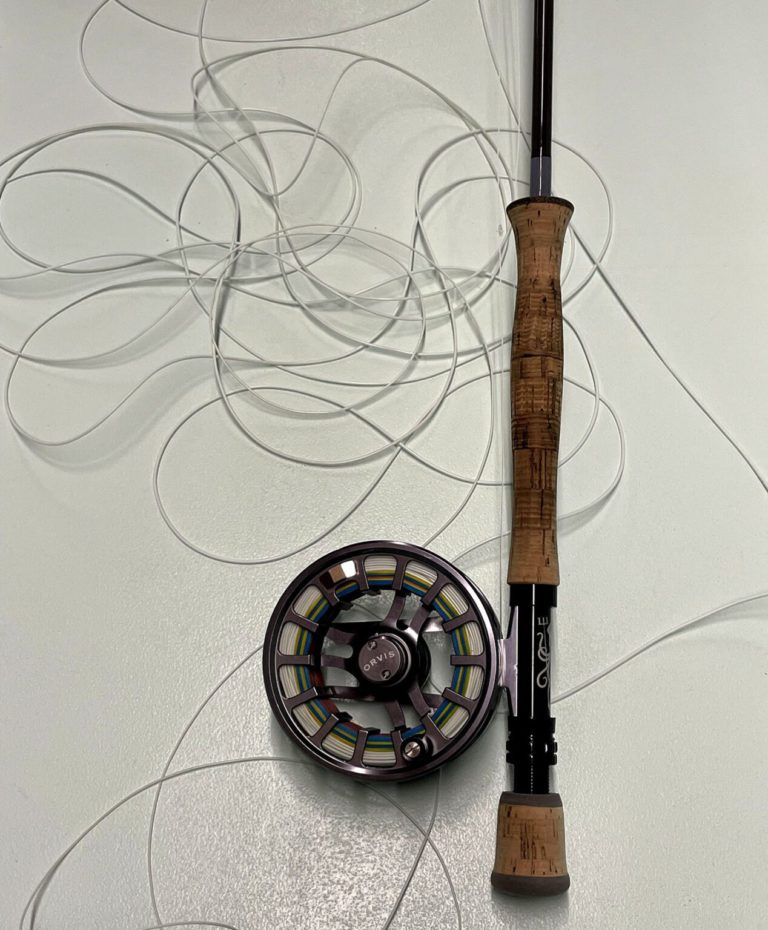The title of the program, “Becoming a Blue Economy” at The Center of Anna Maria Island would have been enough to attract my attention. Add the subtitle, “Sustainability Forum,” and even the threat of a hurricane wouldn’t dissuade me from attending. The event, the excellent panelists and the networking opportunities with like-minded citizens proved to be well worth the effort.
Jim McDaniel, The Center’s director of development, kicked off the evening with the following: “Tonight’s program helps The Center expand its mission to tend to the overall wellness of the Island. This mission naturally includes local businesses, the wellness of our environment and is concerned with interactions between individuals and our collective wellness. Tonight’s topic of sustainability is being shaped by and is intricately woven throughout the strategic planning by The Center’s board and staff. Look for more on this important Center vision piece in our soon-to-be-released Annual Report 2022!”
The first speaker on the panel was Dr. Tracy Fanara (of the Inspector Planet YouTube channel), Coastal Modeling Portfolio manager for NOAA. Prior to that, Fanara was manager of the Environmental Health Research Program at Mote Marine Laboratory. I had met her several years ago when we had both participated in the Longboat Key Garden Club’s fashion show as models. I struck up a conversation with her at the time about red tide and the meeting has stayed with me.
Fanara devised a clever way to illustrate her presentation on water quality using the block game Jenga in which players (the other speakers on the forum) took turns removing one block (representing their topic) at a time from a tower representing the natural world. First, she had the audience name the things they value most on the Island and the upper blocks were color-coded for swimming, fishing, birds, manatees and other environmental elements.
After establishing the importance of the blocks to the quality and economy of our coastal life, she introduced Maya Burke, assistant director of the Tampa Bay Estuary Program. Growing up on Tampa Bay in the 1980s, Burke related how she experienced the successes that had restored water quality in the bay, how it inspired her to go into science and how she now sees us backsliding from those successes. She then removed two blocks that underpinned the integrity of our water world.
The next speaker was Bob Carter, an Island philanthropist, member of the Holmes Beach Clean Water Ad-Hoc Committee and a board member at Mote Marine who explained how we in this country are lucky because ours is a “first world problem,” meaning we have the resources to solve the problem. He stated that the problem was not resources but the lack of political will that has prevented major actions. Carter then removed two more blocks representing that failure to aggressively address the problems.
The final two speakers need no introduction to Island residents. Capt. Scott Moore and restaurateur Ed Chiles are two passionate, long-time advocates for fisheries, water quality and habitat. Each one spoke eloquently about their experiences growing up in the area and their commitment to preserving the thing they love for family and future generations. You can check out Moore’s interview, “Our Waters,” in the recently released PBS series on climate change, “Public Square,” and Chiles’ efforts on behalf of the environment and commercial clam farmers at All Clams on Deck. Moore removed the blocks that finally toppled the tower. Everyone on the panel then agreed to work to prevent that unimaginable tragedy from happening.
The number of participants in the audience was affected by the looming specter of Hurricane Nicole but the public in attendance took advantage of a question-and-answer period after the talk to learn how they can contribute.
You can check out The Center’s many programs and educational opportunities for all ages online.



